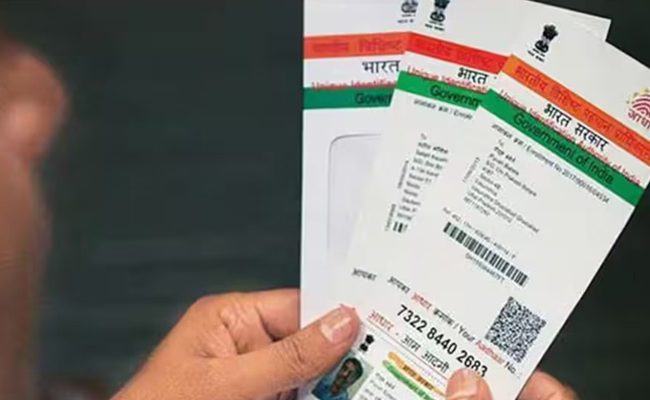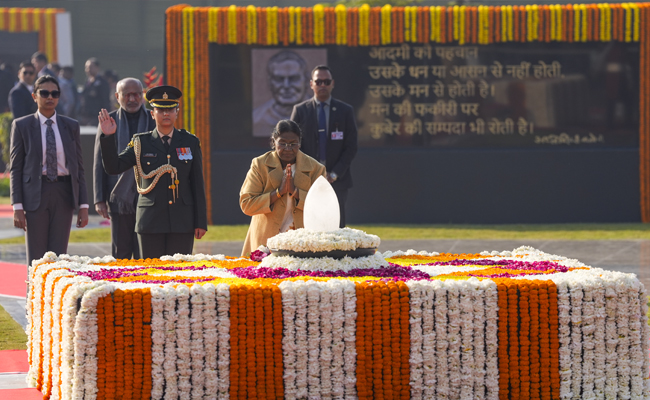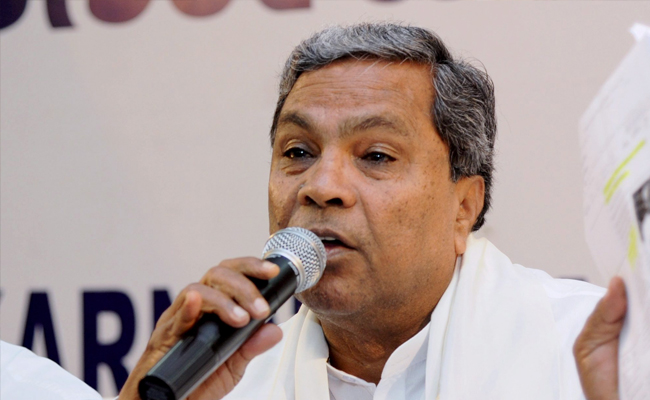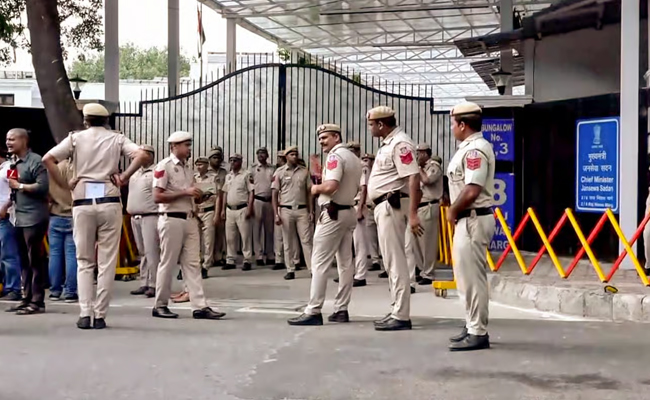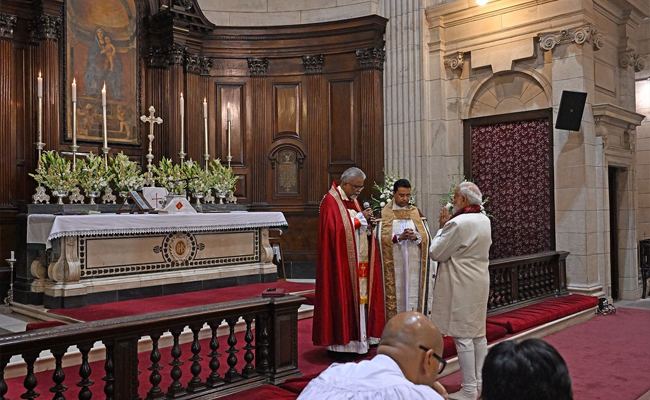Bengaluru (PTI): The Karnataka Examinations Authority (KEA) has proposed Aadhaar-linked registration for students aspiring for professional course seats from next year, with an intention to put an end to the menace of seat blocking, official sources said on Tuesday.
The KEA has submitted this proposal to the e-Governance department.
"The e-Governance department is in favour of our proposal and they have sent a proposal to the Government of India for approval, we are awaiting the approval soon," KEA Executive Director H Prasanna told PTI.
"Aadhaar-linked registration is proposed to ensure authentication which was not there so far, to prevent any mischief in the registration, and also ensure dissemination of exam-related information to students on their mobile phones," he said.
There are also plans to also introduce Aadhaar-linked registration to recruitment exams KEA conducts for various departments, to curb impersonation and other malpractices, Prasanna said.
The move by the KEA comes in the wake of an alleged seat-blocking scam coming to light, under the Karnataka Common Entrance Test (KCET) quota, after completion of all the rounds of engineering seat allotment.
It was found that several students had blocked seats using the same IP address and that mobile numbers and email ids they provided to KEA were fake or wrong.
According to officials, it was found that in some cases students who opted for seats in sought-after streams at top colleges, did not report to the colleges, which could result in all such seats that were under KCET quota falling into the management quota.
Suspecting seat blocking in these instances, they said third parties may be in collusion with the college managements, and also students in some cases.
Let the Truth be known. If you read VB and like VB, please be a VB Supporter and Help us deliver the Truth to one and all.
New Delhi (PTI): President Droupadi Murmu, Vice President C P Radhakrishnan and Prime Minister Narendra Modi were among the dignitaries who attended a prayer ceremony at 'Sadaiv Atal', the memorial of former prime minister Atal Bihari Vajpayee, on Thursday to pay tributes to him on his 101st birth anniversary.
Former vice president M Venkaiah Naidu, Lok Sabha Speaker Om Birla, Union Ministers J P Nadda, Nirmala Sitharaman, NDA ally JD-U leader and Union Minister Rajiv Ranjan Singh, several other ministers, MPs, Delhi Chief Minister Rekha Gupta, and BJP working president Nitin Nabin were among those who attended the event.
ALSO READ: Karnataka accident: Proper investigation will be conducted to find out cause, says CM
In a message, the prime minister said Vajpayee's personality, work and leadership will continue to be a guiding light for the all-around development of the nation. He said Vajpayee dedicated his entire life to good governance and nation-building.
"He will always be remembered as a brilliant orator as well as a spirited poet. Vajpayee's personality, work and leadership will continue to be a guiding light for the all-around development of the nation," PM Modi said.
Vajpayee was born on this day in Gwalior in 1924 and passed away in New Delhi on August 16, 2018. The government observes his birth anniversary as Good Governance Day.
The BJP marked the day by its leaders commemorating Vajpayee's legacy in nationwide events. Its chief ministers, Union ministers and MPs, besides organisational leaders, are part of these programmes held across the country.
Vajpayee, India's 13th prime minister, served the country for three terms between 1996 and 2004.
He is known for his valuable contribution to India's economic growth. The 'Operation Vijay', commonly known as the Kargil War, was fought against Pakistan and won during his tenure as prime minister. He made India a nuclear weapons power.
He had a distinguished four-decade parliamentary career, was elected nine times to the Lok Sabha and twice to the Rajya Sabha.
Rising from humble beginnings in Gwalior (Madhya Pradesh) to the post of prime minister, he received the Padma Vibhushan in 1992 for his selfless dedication to the nation and was conferred with Bharat Ratna, India's highest civilian honour, in 2015.
Vajpayee championed democratic ideals, women's empowerment, and social equality.
As prime minister, he prioritised good governance and economic development, building national highways, rural roads, expanding telecom, and improving infrastructure.

